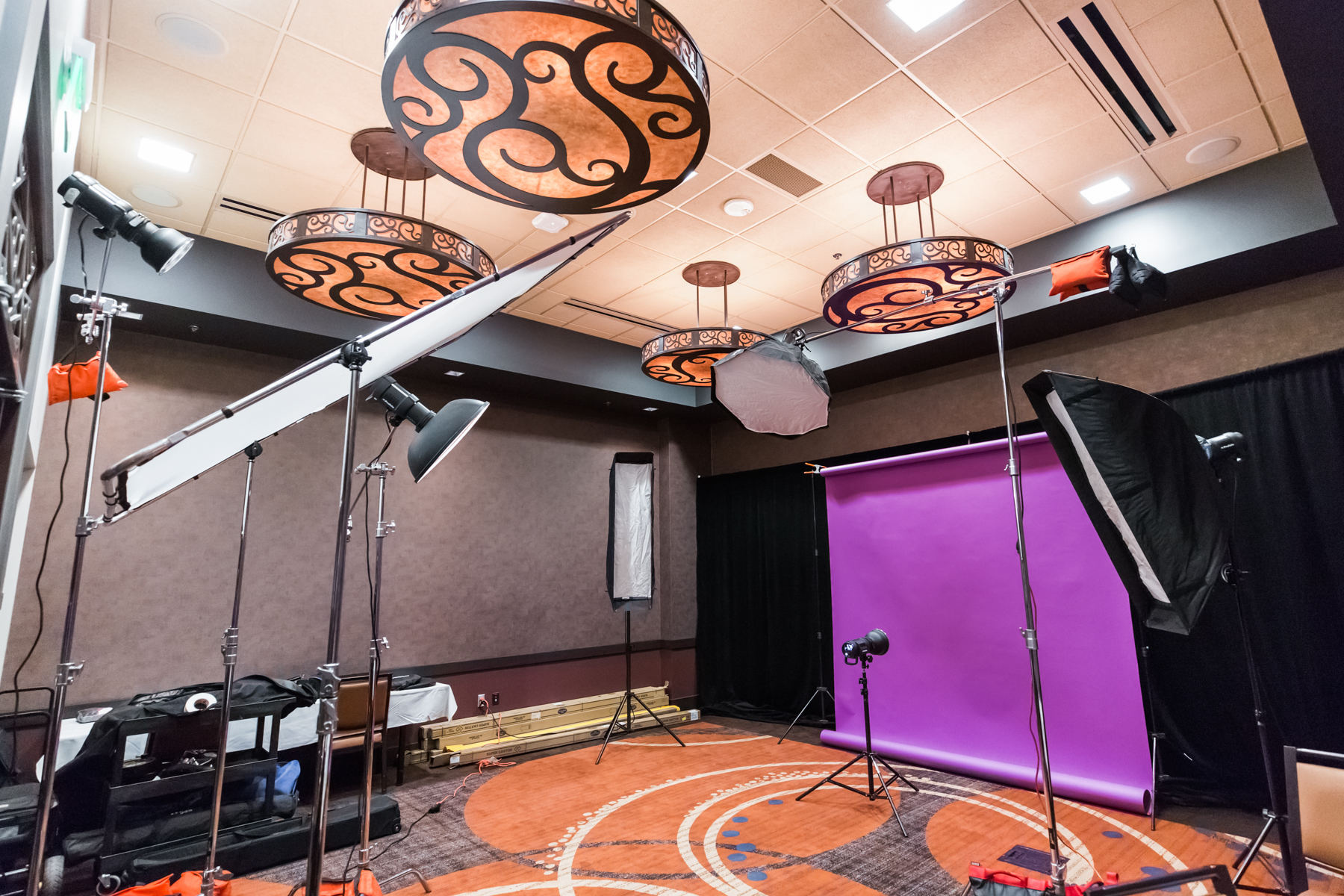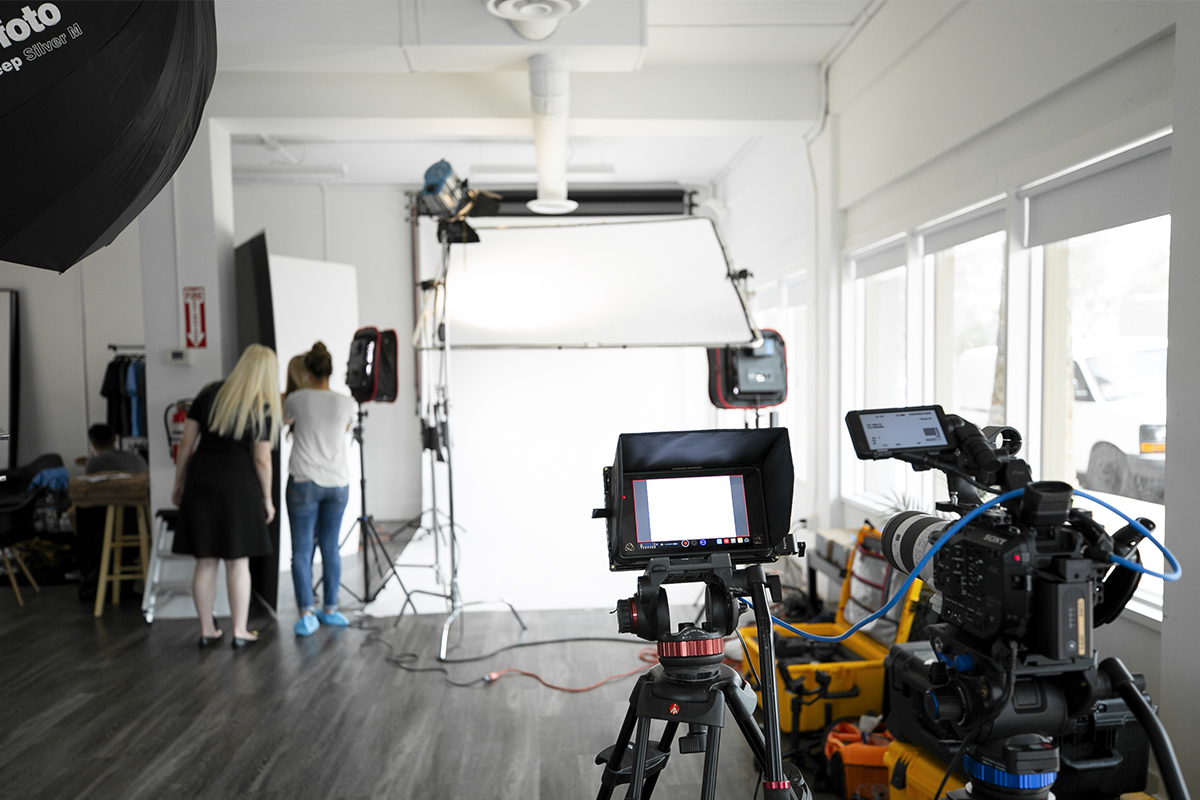Benefits of The Pre-Light
Not all productions are created equal and time is always of the essence. If you've worked on any major (or minor) commercial project, you most certainly understand how important the schedule is, especially when tied into a budget. With so many different crews working, variables to consider and decisions to make, it's relatively easy to fall behind schedule and the amount of time you'll have for problem-solving is limited. The last thing you'll want to hear as a photographer is, "How much more time do you need." This is why Pre-Lighting is essential.
Pre-Lighting is to light your set or scene before the start of the official shoot. It's usually just you and your crew onset, staging, and testing lighting, working through problems and discussing the workflow. That lighting concept you had in mind may not be suitable for this scenario; maybe there's a distracting shadow or glare that you didn't foresee occurring, maybe the setup needs to be modified to be more safer onset. Each shoot comes with its own set of problems, pre-lighting allows you to identify and eliminate these problems when time is less of a priority.
Not all jobs will accommodate a pre-light day, nor is one necessary for all situations. Sometimes you get a whole day, other times you get a few hours, a lot of the time even less. A pre-light will allow everyone to reach maximum potential during the most crucial parts of the production and you'll have more time to focus on your subject, and getting the shots needed.
To help, we’ve included a checklist that includes things we consider while working through a pre-light day.If you’re interested in expanding your skillset on lighting, please see details about our upcoming lighting class.
Pre-Light Checklist:
✔️Are my strobes powerful enough for the results I need? Things to consider power output, recycle time, battery life, flash duration.
✔️Do I have supplemental gear to in case we need to add light to specific areas?
✔️Do I need to add gels to manage color?
✔️Do I have all the lighting modifiers I need? Consider the desired quality of light, hard, soft, directional.
✔️Do I need any grids or additional diffusion to control the light even more?
✔️Are my modifiers right for the effect I need?
✔️Do I have flags, cutters, and fill cards to add and block light?
✔️Do I have enough grip to build my set up?
✔️Does this lighting align with the art direction?
✔️Does the lighting meet the needs of post-production?
✔️Can this setup be manageable on shoot day?
✔️What is the power requirements for my setup, and will I have enough onset?
✔️Test all camera gear to ensure everything is operating correctly.
✔️Do I have enough batteries and sufficient charging capabilities for all devices? Laptops, Triggers, Cameras, Light meters, etc
✔️Create 1-2 contingency plans for lighting.






